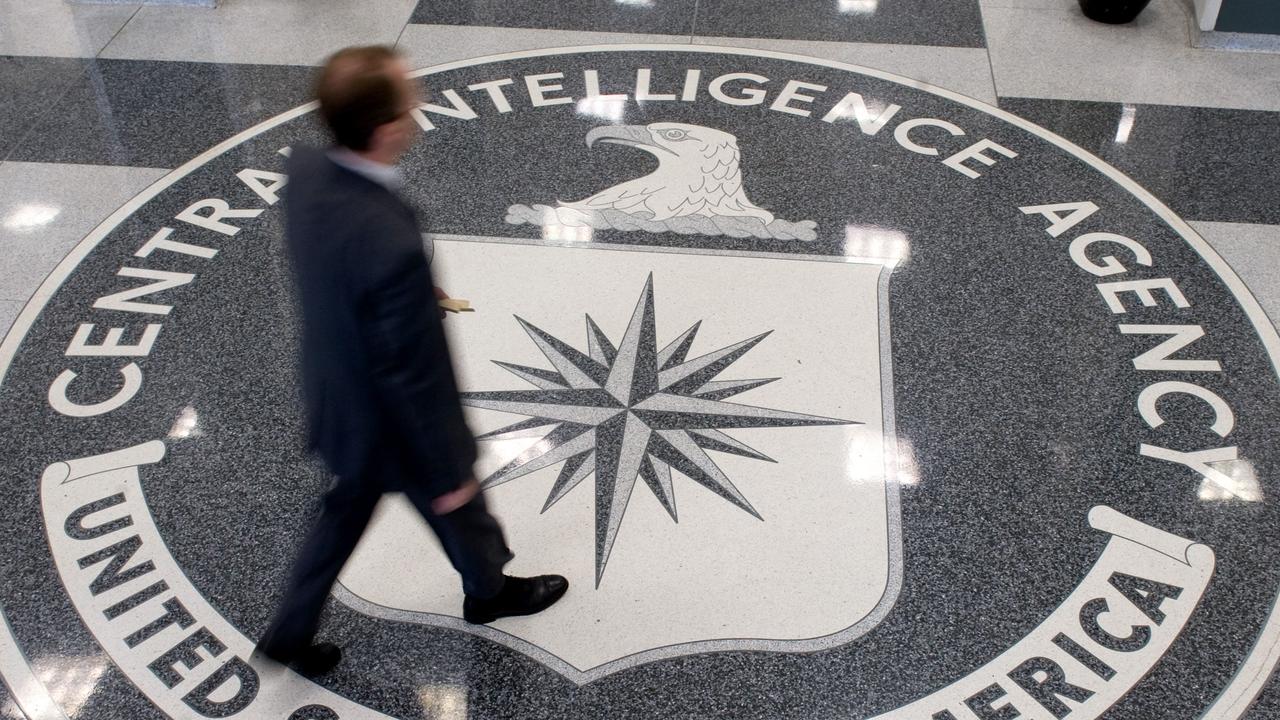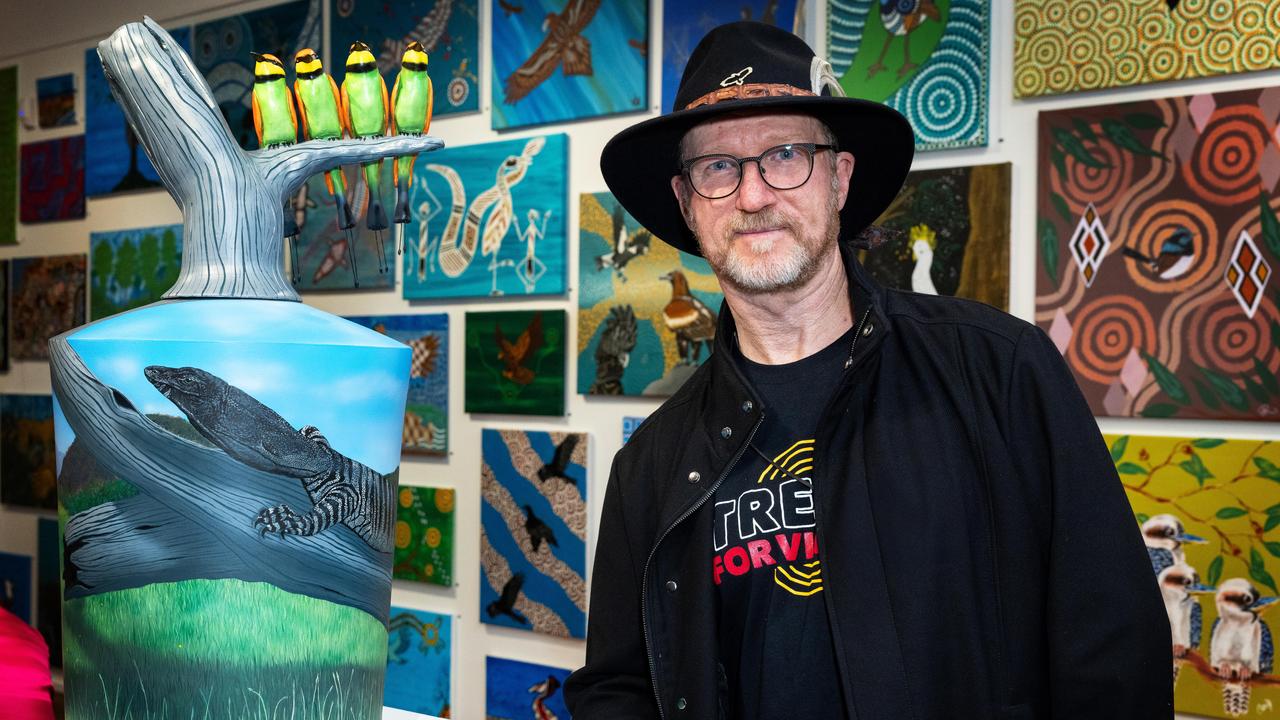Clues to Poirot’s thought processes
This remake of The ABC Murders is uncomfortable, challenging — and rivetting viewing.

The ABC Murders is British writer Sarah Phelps’s fourth Agatha Christie adaptation for the BBC following And Then There Were None, The Witness for the Prosecution and Ordeal by Innocence. And again, this time in collaboration with Brazilian director Alex Gabassi (The Frankenstein Chronicles), she successfully transports us far away from Christie’s fairytale world in which quite startling criminal plots of bizarre dubiousness were expressed with dazzling cleverness in a utopian, if profoundly reactionary, England.
The critically acclaimed And Then There Were None, which achieved ratings of over eight million when it was broadcast in Britain in 2016, was the beginning of a major reset of the Christie brand after the BBC acquired the rights to become the writer’s new production home, announcing seven adaptations and channelling new energy into the brand. And Then There Were None set the tone.
And what Phelps and her collaborators delivered was a mesmerising piece of enthralling psychological suspense perfectly in synch with the new era of increasingly popular Scandinavian noir and far removed from traditional fluffy Christie adaptations down the decades.
“My take on it, and one of the reasons I find it really satisfying to write for the small screen, is that the stories are dark,” Phelps said.
“One of the really shocking and extraordinary things with And Then There Were None, as with The Witness for the Prosecution, is that there’s a really strong sense that to murder someone and to take their life is to tear a hole in the universe. The world itself changes and you are changed profoundly through your association with this terrible event. What I like is to take this general perception of knowing where you are with ‘cosy Christie’ and twisting it.”
This time she takes Christie’s 1936 Hercule Poirot novel, one of the first to tackle the modern protagonist of the serial killer and the psychology behind his acts of seemingly random murder, and in her now distinctive fashion reimagines Christie’s work in an even bleaker way.
She does this by setting it in 1933, in a time of savage recession against the backdrop of the rise of the British Union of Fascists. This provides not only a vivid setting for the mystery but an unmistakable contemporary resonance. Mainstream political parties sensed the groundswell provided by the BUF as the British people looked for someone to blame for their misery, adopting aspects of its rhetoric.
“There is a sense that the BUF crosses class divides and unites its followers with hate and the hate of the stranger,” says Phelps.
For the writer, it was the language of Brexit and Trump, and she centres her narrative, drawn from the Christie story, on Poirot’s otherness, his strangeness. He’s distinctively a foreigner, friendless, even though he’s been in England for 15 years, still the subject of casual racism, children firing cap guns at him in the street, a train ticket inspector dropping his ticket on the floor on hearing his accent, the laughter of derision haunting him. He’s the immigrant, a man who arrived as part of the exodus from Europe before World War I but who is still seen as the enemy.
There’s a serial killer on the loose, committing murders in the order of the alphabet and tauntingly leaving behind a bloodstained copy of The ABC Railway Guideas a blatant clue. Poirot can’t help but be drawn into the investigation. After all, he is personally implicated as the killer is also sending him daily letters about the killings, signed A.B.C. and is obviously possessed of an obsessive, ominous interest in Hercule.
But he is alone in his investigation, past his prime, even dyeing his beard these days. The police are hostile to him, the detective is no longer welcome at Scotland Yard, and the adversarial Inspector Crome, played tartly by Rupert Grint, is, at least initially, contemptuous of the so-called “Great Detective, Solver of Impenetrable Crimes” and the way he had so often in the past outwitted the police as well as the killer.
“People don’t like it when the force are made to look like halfwits by a foreigner,” he tells him. “It’s out of step with the public mood.”
In an act of petty humiliation, Crome even has Poirot’s home searched for evidence, confiscating the letters, derisively claiming the detective has been holding back information.
Unlike most Christie adaptations, the chain of inquiry is less important to Phelps than the character of Poirot himself, a victim of the world in which he finds himself, wounded by society to the extent he must create his own personal code of ethics and set of values. In the end honour means more to him than fame or fortune.
“I gave my word to the dead — I cannot abandon them. I must not,” he tells the hostile Crome.
Phelps says she had never wanted to do a Miss Marple or a Poirot, preferring narratives where there is no one there to answer the questions.
“I like it when nobody comes and explains things to you and nobody looks at the madness and the lunacy and the depravity and says ‘don’t worry, you’re safe now’, but this obviously was a big Poirot case,” she says.
“I thought if I’m going to do this, then the biggest mystery in the book is not only unmasking and finding the killer, it’s with Hercule Poirot.”
Traditionally, Hercule Poirot was a hard figure for any actor to inhabit, and the role has previously been played by Peter Ustinov, Albert Finney, then, famously, David Suchet for 17 years in the successful TV adaptation, and most recently by Kenneth Branagh.
The Belgian cop was Agatha Christie’s chief sleuth, the Great Detective as a purely literary conceit. His creator described in her autobiography how she developed him directly from her observations of what made up the figure of Sherlock Holmes, to which she added a stock version of the comic foreigner. Poirot, the ageing bachelor, is the pure essence of detective and has consequently little of the real person about him on the page, simply an indiscriminate collection of engagingly eccentric traits.
Towards the end of her career she never allowed him to appear on any dust jacket: those mannerisms would never really add up to any realistic portrait. Still, most of the great detectives of Christie’s period are two-dimensional: all emerged from fairytales of classical detection.
Suchet says he found a passage in one of Christie’s books where she writes: “Poirot crossed the lawn with his usual rapid, mincing gait, with his feet tightly and painfully enclosed within his shiny patent leather shoes.”
It became the key to what remains one of TV’s enduring characterisations. But there is no mincing primness in the suffering, lonely Poirot played quite brilliantly by John Malkovich, who has such an illuminating way with pauses, taking us inside Poirot’s thought processes.
–As Gabassi suggests, Malkovich has a natural idiosyncratic pacing and rhythm in the way he delivers his lines that suits the Belgian accent; the pacing sounds as if he is carefully choosing the words: “As a foreigner myself I know how hard it can be when you are in a difficult situation, with different people or a different environment, how you choose to talk to people, which words you use, how you want to portray yourself, how you want to be seen and at this point in Poirot’s life, in this story, he is thinking about all of these things.”
Gabassi’s direction follows the style of the earlier adaptations by Phelps, creating a lovely if depressingly existential sense of place and period. Clocks, mirrors, and especially the killer’s typewriter, presented as a kind of infernal machine, and the iconography of the trains create images of entrapment and anticipate moments of doom.
The strength of their approach is in the way they focus with a kind of film noirish intensity on what Phelps calls “the context of the times and how that might lead someone to commit a terrible murder”, emphasising the idea that each of Christie’s novels reflects the social history of the time. At the same time they create more imaginative insights into character than the complications of constructing the crime and its eventual solution that are usually associated with Christie.
It’s a wonderful, thoughtful and engaging series — and not just for the Christie fans, who may find Phelps’s alterations to the novel mildly upsetting.
The ABC Murders, Sunday, 7.40pm, ABC




To join the conversation, please log in. Don't have an account? Register
Join the conversation, you are commenting as Logout